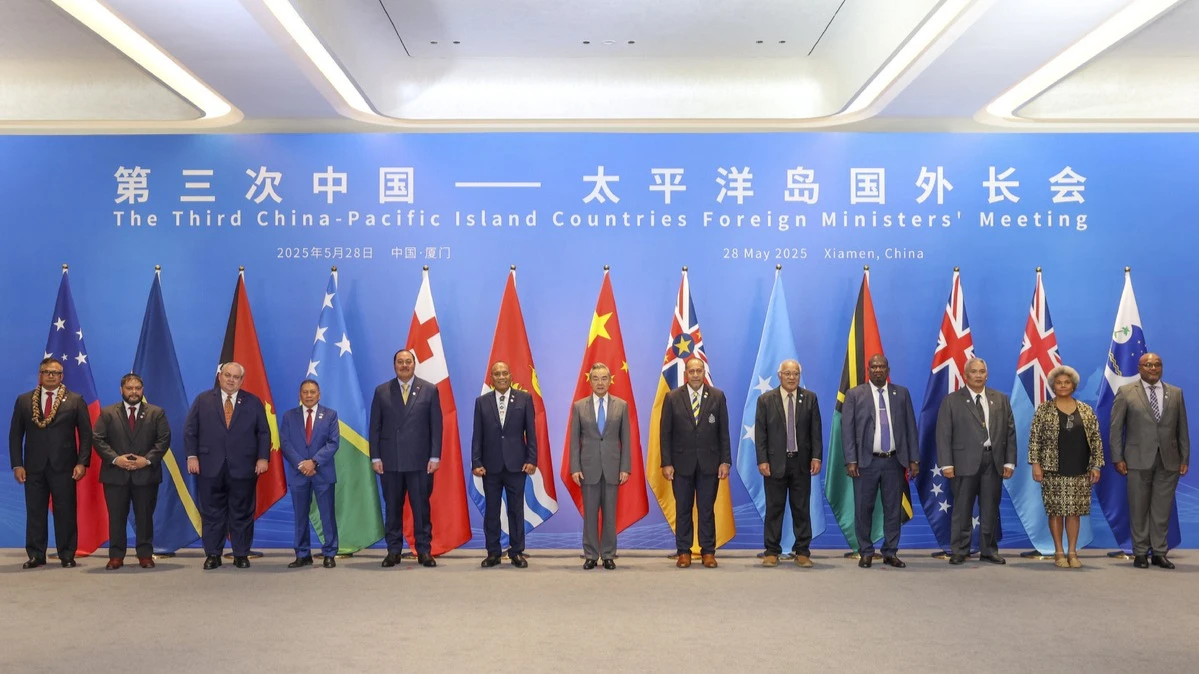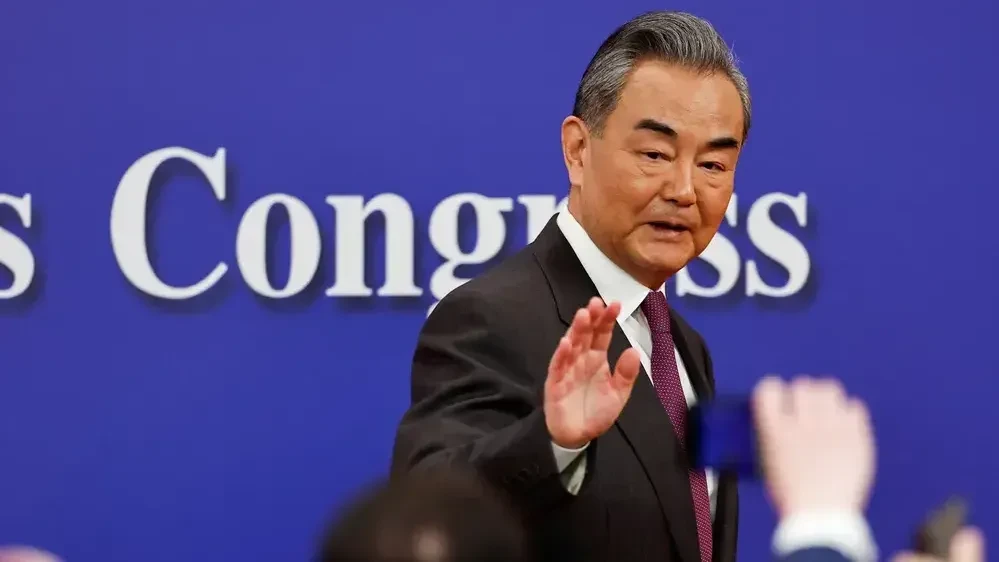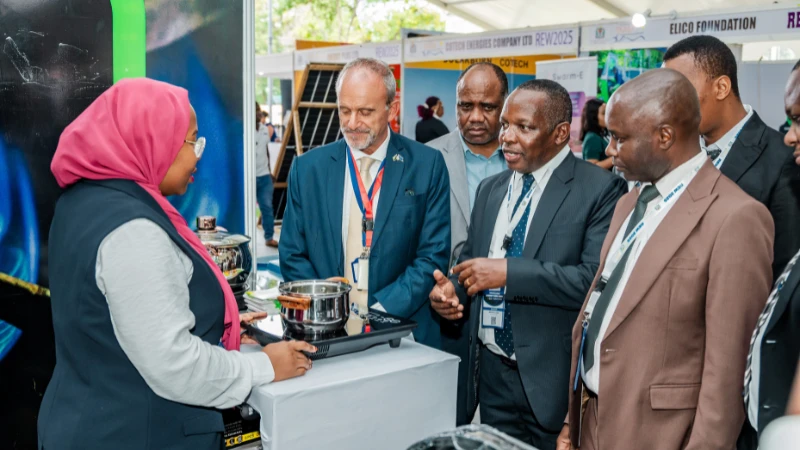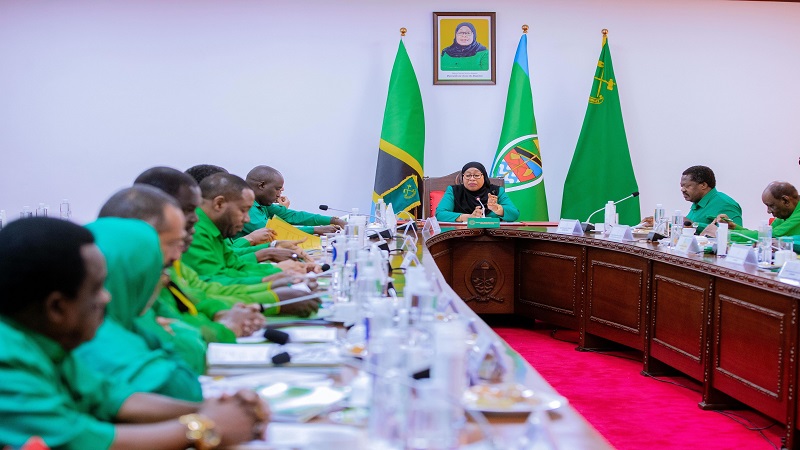NCA’s five year strategy to address inequality, GBV and climate change
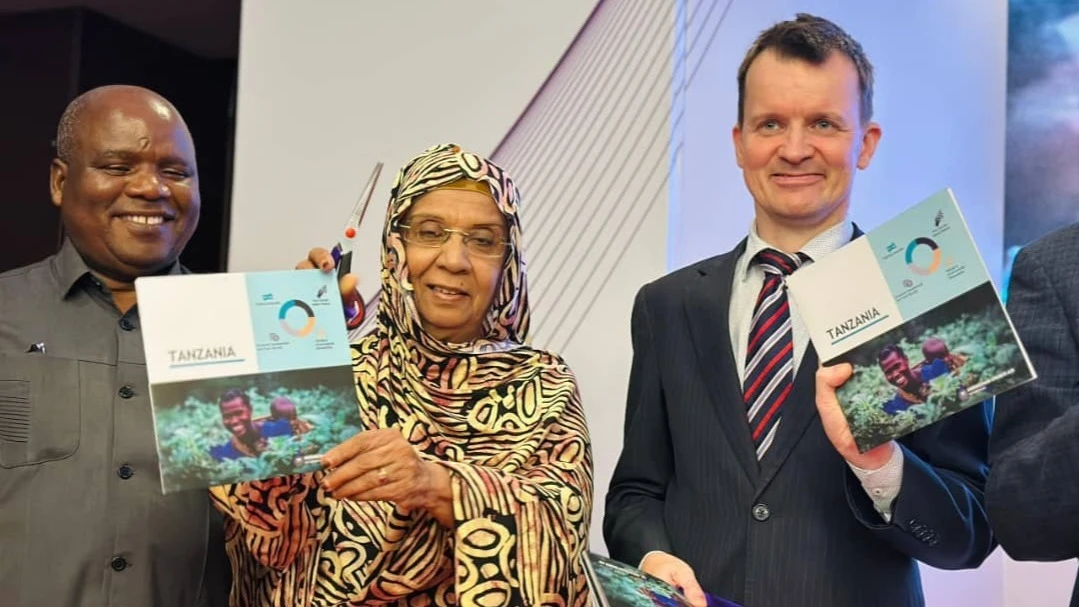
‘TOGETHER for Just Societies in Tanzania’ is both a strategy and a call to action, reflecting a renewed commitment to advancing peace, building resilience and promoting justice across the country.
This commitment was reaffirmed during the recent launch of a new five-year Country Strategy (2025–2029) under the same theme: ‘Together for Just Societies in Tanzania’.
The Norwegian Church Aid (NCA) introduced the strategy, rooted in its principles of equitable partnerships and locally led development. The goal is to ensure communities are not merely beneficiaries but active co-creators of change.
“As we embark on the 2025–2029 strategy, our vision remains ‘Together for Just Societies in Tanzania.’ Our work will be guided by three long-term goals: saving lives, building resilience, and seeking justice,” said Berte Marie Ulveseter, NCA Country Director-Tanzania when speaking at the launch of the strategy in Dar es Salaam Region last week.
These priorities address pressing challenges faced by Tanzanians today, including rising food insecurity, gender-based violence (GBV), climate change, and limited access to essential services.
Under this long-term vision, vulnerable and displaced communities will be protected from violence; gain access to life-saving services, and become more climate-resilient. Women, men, and youth will be empowered to respond to shocks and lift themselves out of poverty.
To achieve these goals, the strategy focuses on tackling inequality, ending GBV, promoting economic development and food security (EDFS), advancing climate and environmental stewardship, and strengthening institutions like Haydom Lutheran Hospital.
Through this strategy, faith actors, citizens, and civil society organizations will be empowered to demand their rights, hold leaders accountable, and influence progressive policy reforms.
Efforts will also be made to empower girls and women to live free from GBV by challenging harmful norms and practices, boosting self-esteem, and promoting women's economic empowerment.
Small-scale farmers will receive support to build sustainable livelihoods through climate-smart agriculture. This includes optimizing resource use, enhancing agricultural extension services and improving market access.
The country strategy (2025–2029) will be implemented in the following regions, Coast, Lindi, Mtwara, Zanzibar, Morogoro, Dodoma, Iringa, Kilimanjaro, Manyara, Shinyanga, Kigoma, Tabora, Geita, and Njombe. These regions were selected based on data from the National Bureau of Statistics (NBS), focusing on poverty levels, GBV prevalence, conflict risks and climate vulnerability.
Reflecting on the previous country strategy (2020–2024), Ulveseter noted that faith actors were empowered to use theological reflections and scripture to challenge GBV, promote human rights and enable local communities to hold leaders accountable.
Over the past five years, significant progress was achieved through strong partnerships, community leadership and the dedication of both Christian and Muslim faith actors.
Key accomplishments include the formation of 5,000 community microfinance groups and support for over 27,000 farmers in adopting climate-smart inputs and technologies.
Nearly 25,000 people accessed digital extension services, and over 15,000 citizens gained legal support through paralegal services. More than 5,000 youth were empowered through agricultural innovation hubs, many led by faith-based institutions.
More than 80,000 women and adolescents received reproductive health and family planning information via trusted interfaith platforms. In Mbulu and Haydom, 126,000 people were connected to clean and safe water, significantly reducing waterborne diseases.
Through the ‘Make it Possible’ campaign and collaboration with faith leaders, NCA successfully advocated for the Universal Health Care law in Tanzania.
The organization also released policy papers on tax justice, health systems and environmental governance, amplifying Tanzania’s voice in global conversations on fair tax rules and debt relief.
“These achievements were made possible through collaboration with government, civil society and especially our interfaith partners,” Ulveseter said.
She emphasized that as the new strategy begins, it is time to remain relevant, visible, and impactful—recommitting to equitable partnerships and locally led development. “This means sharing power, resources, and decision-making with communities, recognizing them as co-creators of change and building solutions based on local ownership and trust,” she noted.
She added that ‘Together for Just Societies in Tanzania’ is not just a slogan—it’s a call to action that requires collaboration across sectors, strong coordination among partners and space for youth, women, and faith leaders to lead. “We are committed to uplifting women and placing them at the forefront of leadership, because when women lead, families thrive, communities unite, and development becomes inclusive”.
During the launch event, Deus Kibamba, Executive Director and Policy Analyst at the Tanzania Citizens’ Information Bureau, praised the essential role of faith leaders in supporting government efforts and advocating for human rights.
He urged faith actors to remain united in the fight for justice and avoid being divided by political influences. Kibamba recommended that faith leaders be included in national negotiations, as they have played a pivotal role in driving meaningful change.
Economist and diplomat Fred Malya encouraged NCA to continue shaping development agendas through faith-based leadership, helping the country move beyond the ranks of least developed nations. He stressed the government's role in development, calling for increased access to reliable energy as a key driver of progress.
Mussa Sang’anya, representing the Ministry of Development, Gender, Women, and Special Groups, commended NGOs for their contributions—reporting that NGOs contributed more than 2.3trn/- in the previous fiscal year.
He praised NCA’s work and its collaboration with faith leaders, emphasizing the relevance of scriptural guidance in addressing modern societal challenges.
The National Council of Non-Governmental Organizations (NaCoNGO) affirmed that the launch of the 2025–2029 strategy is a crucial step toward sustaining NCA’s impact on national development. It called on the NGO community to collaborate and amplify the strategy’s impact to achieve its goals.
Top Headlines
© 2025 IPPMEDIA.COM. ALL RIGHTS RESERVED















